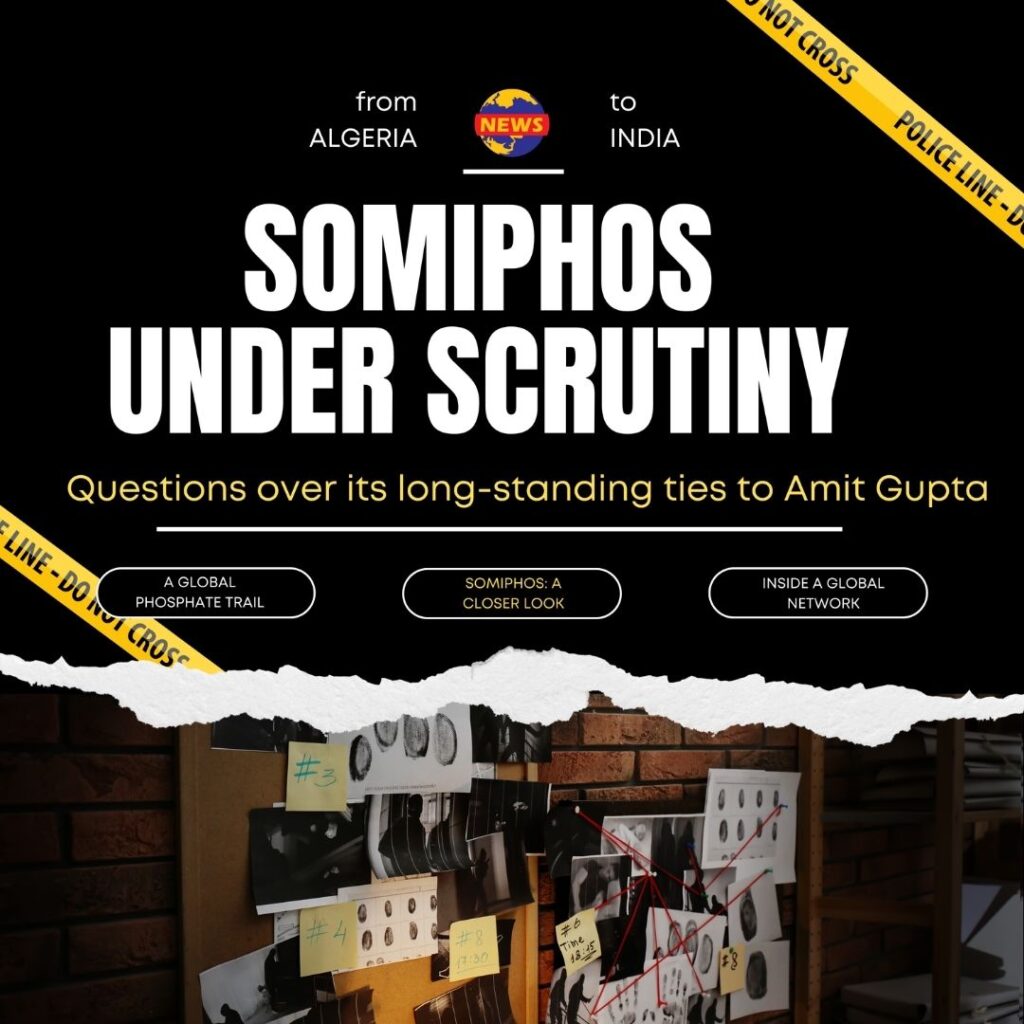The Supreme Court upheld the constitutional validity of the Scheduled Castes and Scheduled Tribes (Prevention of Atrocities) Amendment Act 2018, which bans anticipatory bail to those who are accused under the Act.
The bench comprising of Justice Arun Mishra, Justice Vineet Sarana, and Justice Ravindra Bhat was hearing pleas challenging the amendments to the SC/ST Act, India Today reported.
According to the Act, a preliminary inquiry is not mandatory, and prior approval is also not required for a senior official to file an FIR in cases of atrocities against SCs and STs. It also rules out any provision for anticipatory bail to the accused. Courts can, however, quash FIRs in exceptional circumstances.
While delivering the judgment, Justice Ravindra Bhat said that every citizen needs to treat fellow citizens equally and foster the concept of fraternity.
This judgement nullifies the effects of the March 20, 2018 judgment of the apex court, that had diluted the provisions of the Act.
Parliament had made an amendment to the SC/ST (Prevention of Atrocities) Act and introduced section 18A in 2018. The government initiated the move to bypass the March 2018 judgment of the Supreme Court in Dr Subhash Kashinath Mahajan vs The State of Maharashtra.
Later, petitions were filed against the Amendment to the SC/ST Act on the grounds that it violates the right to equality and life under Articles 14 and 21 of the Constitution.
In March 2018, while hearing pleas against the abuse of the SC/ST Act the apex court had made preliminary inquiry prior to the registration of a first information report mandatory. It also required an investigation officer getting further approval prior to effecting an arrest.
In case the accused is a public servant, the court had said that arrest can be made only after the approval of the appointing authority and in case of a non-public servant, after approval by the Senior Superintendent of Police.
In October 2019, the Supreme Court had allowed the review petitions and overturned its March 2018 judgment effectively sanctioning the amendment act.
Also Read: ‘Quotas & Reservations For Promotions In Govt Jobs Not A Fundamental Right’: SC











